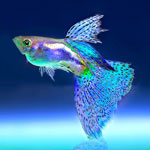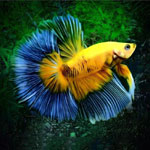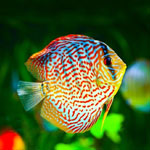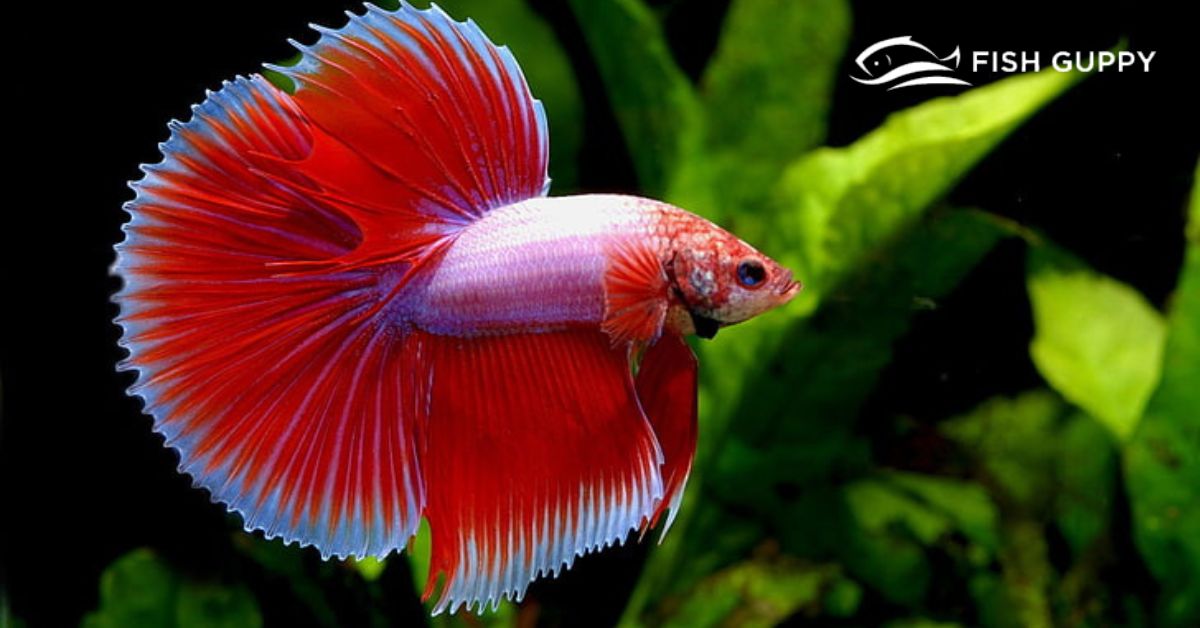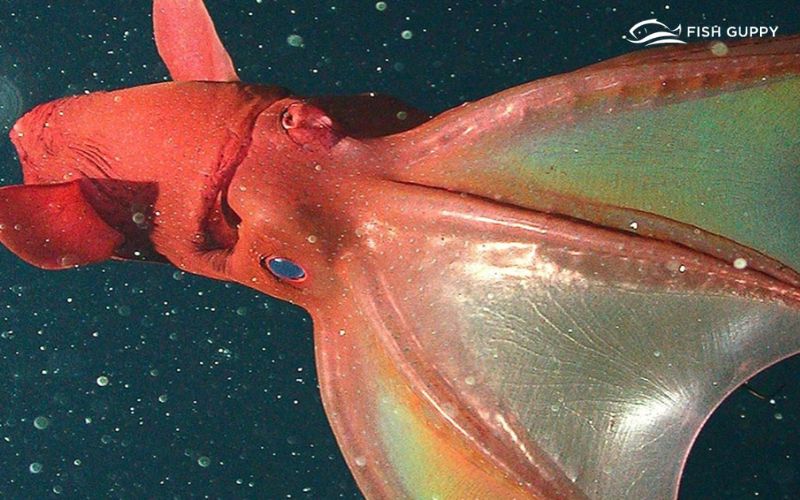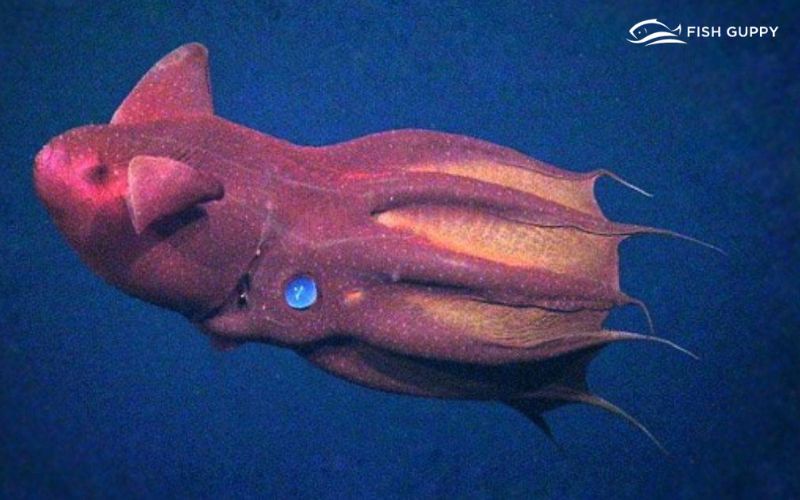How to Keep a Betta Fish: A Comprehensive Guide to Betta Fish Care
May 15, 2023 Betta Fish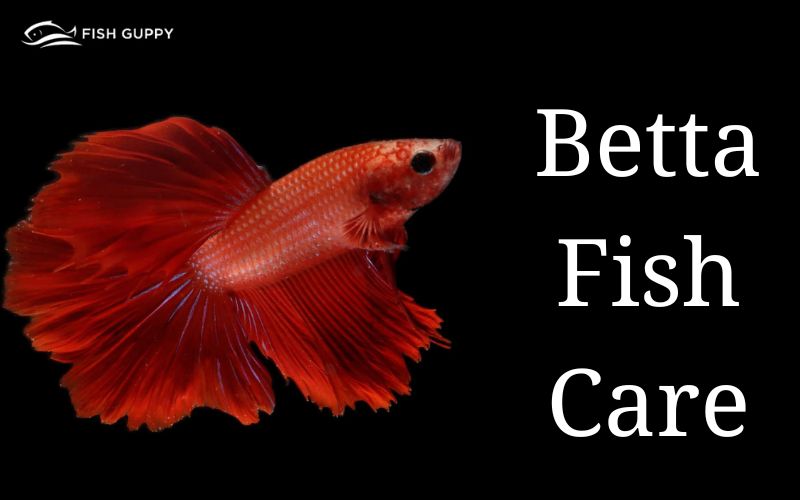
Introduction
Betta fish, also known as Siamese fighting fish, are popular pets known for their vibrant colors and graceful swimming. However, keeping a betta fish entails more than just placing it in a tank. This comprehensive guide aims to provide you with the knowledge and understanding needed to ensure the well-being and longevity of your betta fish.
- Choosing the Right Tank: Selecting an appropriate tank is crucial for the well-being of your betta fish. Opt for a tank with a capacity of at least 5 gallons, as larger volumes provide more stable water conditions. Ensure the tank has a secure lid to prevent escapes and maintain a stable temperature.
- Providing an Ideal Environment: Maintain a suitable environment for your betta fish by setting up a proper filtration system and maintaining the water temperature between 76°F and 82°F (24°C – 28°C). Bettas prefer slightly acidic to neutral water (pH 6.5 – 7.5) and a water hardness of 2-15 dGH.
- Decorations and Substrate: Bettas enjoy exploring their environment, so provide plenty of hiding places, such as live or silk plants, caves, and driftwood. Avoid sharp decorations that may tear their delicate fins. Use a gentle substrate, like sand or smooth gravel, to create a comfortable and natural-looking habitat.
- Proper Feeding Regimen: Maintain a balanced diet for your betta fish by offering a variety of high-quality betta pellets, flakes, and frozen or live foods. Feed them small portions twice a day, taking care not to overfeed, as bettas are prone to obesity. Remove any uneaten food to maintain water quality.
- Water Quality and Regular Maintenance: Monitor and maintain optimal water quality by performing regular water changes, typically 20-30% weekly. Use a water conditioner to remove chlorine and chloramines before adding fresh water. Test the water parameters regularly using a reliable test kit to ensure optimal conditions.
- Understanding Betta Behavior: Get to know your betta fish’s behavior and habits. Male bettas are territorial and may exhibit aggressive behavior towards other males. Provide each betta with its own space to prevent fights. Female bettas can coexist peacefully in larger groups but still require adequate space.
- Enrichment and Mental Stimulation: Promote your betta’s mental and physical well-being by providing enrichment activities. Use a mirror sparingly to stimulate natural behavior, but avoid excessive exposure as it can cause stress. Offer occasional live or frozen foods to encourage hunting instincts.
- Monitoring Health and Seeking Veterinary Care: Regularly observe your betta fish for signs of good health, such as vibrant colors, active swimming, and a healthy appetite. Be vigilant for indications of common ailments, including fin rot, ich, and swim bladder issues. If necessary, consult a knowledgeable aquatic veterinarian for proper diagnosis and treatment.
Conclusion
Proper care and attention are essential for the well-being of your betta fish. By following the guidelines outlined in this comprehensive guide, you can provide a comfortable and thriving environment for your betta fish. Remember to maintain optimal water quality, offer a balanced diet, and provide mental stimulation to keep your betta fish happy and healthy. With dedication and responsible care, you can create a vibrant and captivating aquatic world for your betta companion.
Also read about
how to select an appropriate betta fish tank size
Interesting facts about rare betta fish
